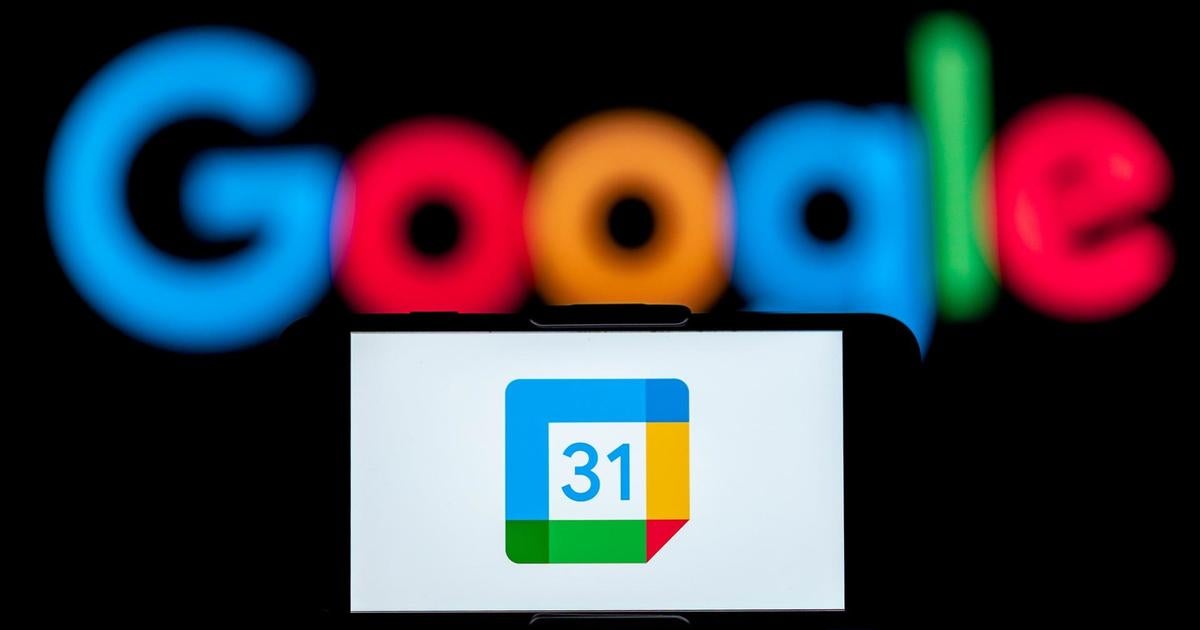Google’s Calendar Changes Spark Controversy Over Cultural Recognition
In an increasingly interconnected world, the recognition of cultural celebrations and historical events through digital platforms has become a significant aspect of fostering inclusivity and diversity. Recently, Google Calendar’s decision to exclude pivotal cultural celebrations such as Black History Month and Women’s History Month has ignited a fierce debate about the role of technology in acknowledging and celebrating diverse histories. Critics argue that this choice undermines essential recognition of vital contributions from marginalized communities, leading to concerns about the platform’s commitment to diversity and inclusion.
The Impact of Google’s Decision on Cultural Awareness
Google Calendar serves as a ubiquitous tool for millions of users worldwide, helping them manage their schedules and stay informed about important dates. The platform’s decision to exclude culturally significant months raises pertinent questions about the responsibilities of tech companies in promoting cultural awareness. When such events are omitted, the risk of erasing important narratives from collective memory increases, diminishing the visibility of marginalized voices.
Black History Month and Women’s History Month are more than just calendar entries; they represent a time for reflection, education, and celebration of the achievements and struggles faced by these communities. By choosing not to highlight these months, Google Calendar risks sending a message that these histories are less worthy of acknowledgment than mainstream holidays.
Criticism from Various Quarters
The backlash from users and cultural advocates has been swift and vocal. Many argue that this decision is indicative of a broader trend among tech giants to overlook the needs of diverse user bases. Critics have taken to social media, expressing their disappointment and calling for more inclusive practices within Google and similar platforms.
- Community Leaders: Many leaders from cultural organizations have voiced their frustrations, emphasizing that inclusion in digital spaces is critical for fostering understanding and respect among different cultures.
- Users’ Reactions: Regular users have expressed their discontent, stating that they rely on platforms like Google Calendar to remind them of important cultural observances that shape their identities.
- Academic Perspectives: Scholars have weighed in, arguing that the exclusion of these months reflects a lack of cultural competence among tech firms and highlights the need for more diverse teams in decision-making roles.
The Importance of Cultural Representation in Digital Tools
Representation matters, particularly in digital tools that serve diverse populations. When platforms like Google Calendar fail to recognize significant cultural events, they risk alienating users who feel their identities and histories are not valued. This situation not only affects individual users but also has broader implications for societal cohesion.
Incorporating cultural celebrations into digital calendars can:
- Promote Awareness: Users become more aware of the histories and contributions of different cultures, leading to increased empathy and understanding.
- Encourage Education: By acknowledging these months, platforms can promote educational initiatives that inform users about the significance of these observances.
- Build Community: Highlighting diverse celebrations fosters a sense of belonging among users from different backgrounds.
Google’s Response and Future Directions
In response to the backlash, Google has stated that it is committed to diversity and inclusion in all its products. However, the specifics of how the company plans to address these concerns remain unclear. Some users have called for a transparent dialogue regarding the company’s decision-making processes and the criteria used to determine which events are included in Google Calendar.
Moving forward, tech companies must prioritize inclusivity in their platforms. This can be achieved through:
- Engaging Diverse Teams: By involving individuals from various cultural backgrounds in product development, companies can gain insights into the needs and preferences of all users.
- Listening to User Feedback: Actively seeking and addressing user feedback can help identify areas for improvement and foster a sense of community.
- Promoting Cultural Competence: Training employees on cultural competence can enhance understanding and sensitivity towards diverse histories and celebrations.
Broader Implications for the Tech Industry
The controversy surrounding Google’s calendar changes serves as a microcosm of a larger issue in the tech industry: the necessity for cultural recognition and representation. As technology becomes more ingrained in our daily lives, the responsibility of these companies to acknowledge and celebrate diverse cultures grows.
Furthermore, this incident highlights the necessity for consumers to demand accountability from tech giants. Users are empowered to voice their concerns and advocate for changes that reflect a broader understanding of cultural diversity. The power of collective action can lead to significant shifts in how companies operate and the values they uphold.
The Path Forward: Embracing Diversity in Digital Spaces
As we navigate an increasingly digital landscape, the importance of cultural recognition cannot be overstated. Tech companies like Google have a unique opportunity to lead the charge towards a more inclusive future. By recognizing and celebrating significant cultural events, they can help foster a society that values diversity and promotes understanding across different communities.
In conclusion, Google’s decision to exclude significant cultural celebrations from its calendar has sparked a necessary conversation about diversity and inclusion in the digital space. As users call for change, it is imperative that tech companies listen and take actionable steps toward recognizing the rich tapestry of human history and culture. Only then can we hope to build digital platforms that truly reflect the diverse world we live in.
See more Future Tech Daily

